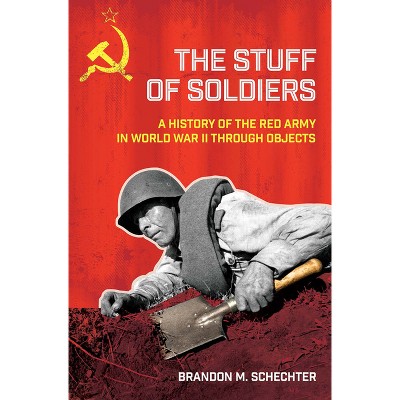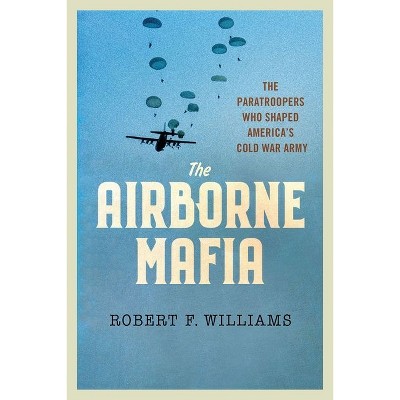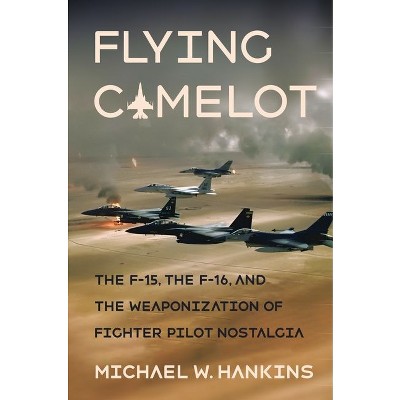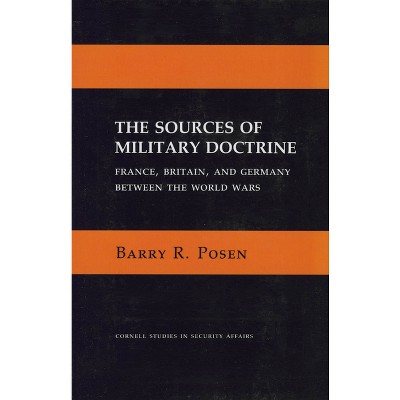Sponsored

Revolutionary Warfare - (Battlegrounds: Cornell Studies in Military History) by Terrence G Peterson (Hardcover)
In Stock
Sponsored
About this item
Highlights
- Revolutionary Warfare investigates how efforts to counter a revolution could also be revolutionary.
- About the Author: Terrence G. Peterson is Assistant Professor of History at Florida International University.
- 240 Pages
- History, Revolutionary
- Series Name: Battlegrounds: Cornell Studies in Military History
Description
About the Book
"Examines the origins, development, and impact of the French Army's strategy of Pacification during the Algerian War of independence from France, 1954-1962. It illuminates how French efforts to counter decolonization in Algeria shaped modern counterinsurgency by placing civilians and armed social reform at the center of modern warfare"--Book Synopsis
Revolutionary Warfare investigates how efforts to counter a revolution could also be revolutionary. The Algerian War fractured the French Empire, destroyed the legitimacy of colonial rule, and helped launch the Third Worldist movement for the liberation of the Global South. By tracing how French generals, officers, and civil officials sought to counter Algerian independence with their own project of radical social transformation, Terrence G. Peterson reveals that the conflict also helped to transform the nature of modern warfare.
The French war effort was never defined solely by repression. As Peterson details, it also sought to fashion new forms of surveillance and social control that could capture the loyalty of Algerians and transform Algerian society. Hygiene and medical aid efforts, youth sports and education programs, and psychological warfare campaigns all attempted to remake Algerian social structures and bind them more closely to the French state. In tracing the emergence of such programs, Peterson reframes the French war effort as a project of armed social reform that sought not to preserve colonial rule unchanged, but to revolutionize it in order to preserve it against the global challenges of decolonization.
Revolutionary Warfare demonstrates how French officers' efforts to transform warfare into an exercise in social engineering not only shaped how the Algerian War unfolded from its earliest months, but also helped to forge a paradigm of warfare that dominated strategic thinking during the Cold War and after: counterinsurgency.
Review Quotes
In the 1950s, France engaged in an ambitious effort to modernize its empire by embracing local customs and promoting limited home rule. Revolutionary Warfare by Terrence Peterson outlines this failed attempt to create a modern ideology for colonialism.
-- "Jacobin"About the Author
Terrence G. Peterson is Assistant Professor of History at Florida International University. He researches and teaches on France, modern Europe, and their connections to the wider world, with a particular focus on war, empire, and migration.
Shipping details
Return details
Trending Non-Fiction











